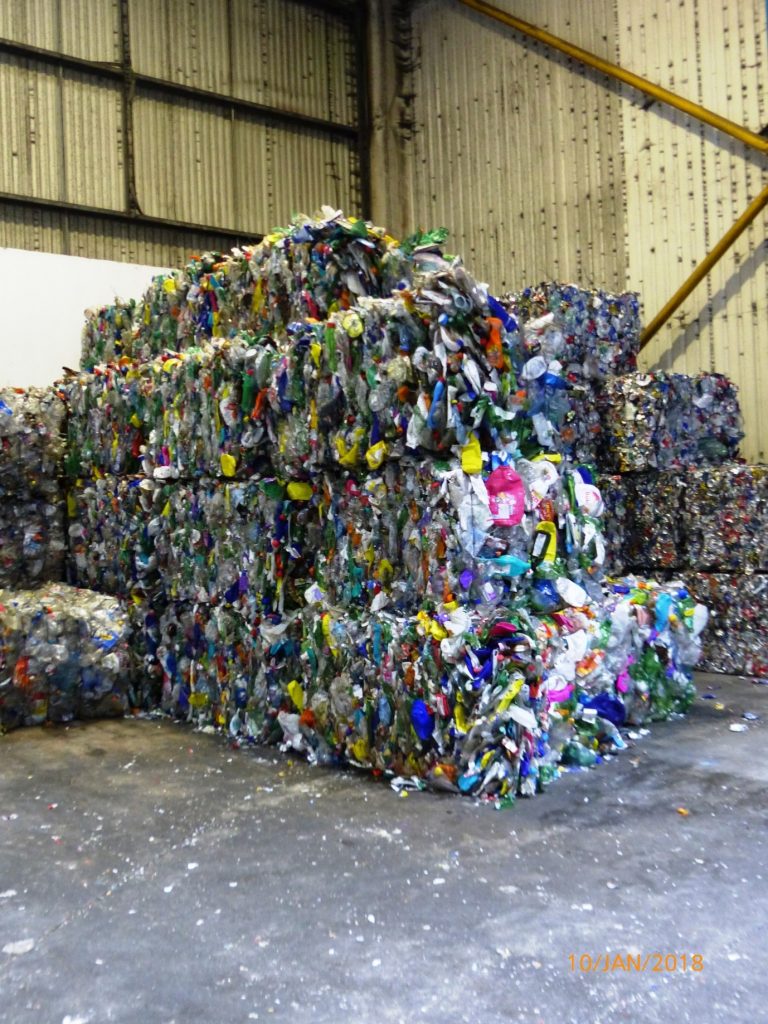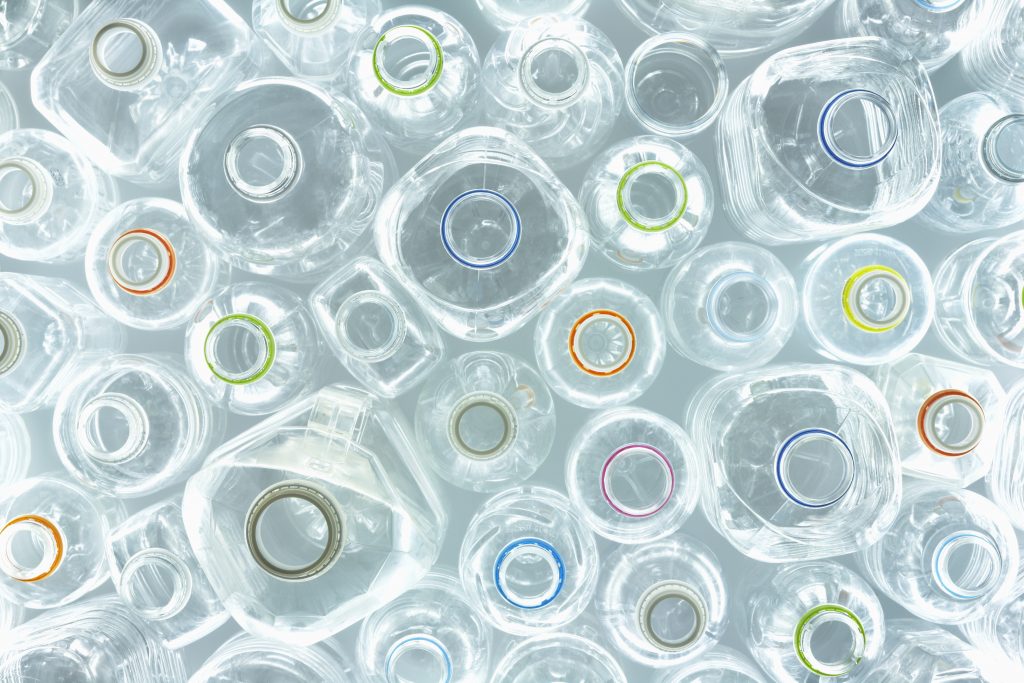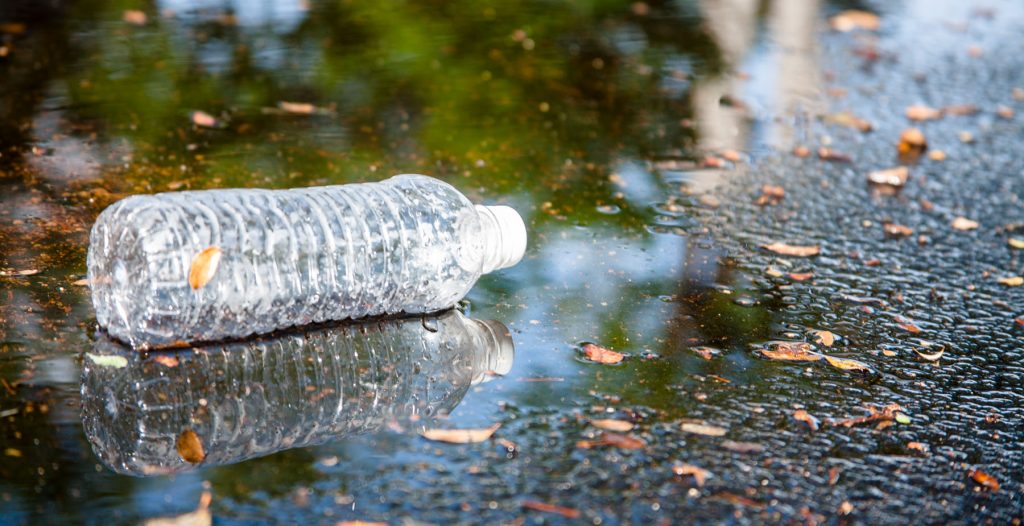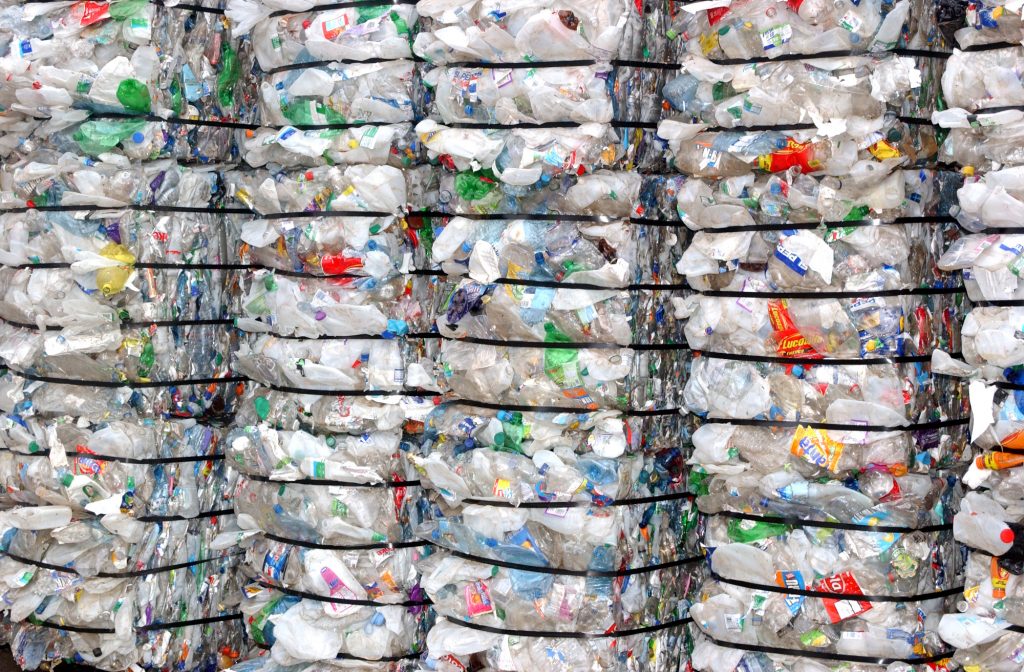We are finally asking the right questions about deposit return schemes
6th April 2018
 Posted by Dr Adam Read.
Posted by Dr Adam Read.
Last week was perhaps a pivotal point in the evolution of UK waste management policy and practice, and that had nothing to do with our stagnating recycling rate or our hopes and fears post Brexit.
No, it was down to the commitment from Michael Gove that England would have a deposit return system (DRS) for single-use drinks containers subject to a pending consultation.
This announcement may have come as a real shock to some, although with Scotland having committed to such a system back in October 2017 it was far from being a wild card.
Of course the English Parliamentary attention on DRS has ramped up in recent months, with the Environmental Audit Committee ‘call for evidence’ (Voluntary & Economics Incentives Working Group) dating back to December 2017, the findings of which were published to a surprisingly muted fanfare in February 2018.
Their evidence-based report suggested that countries with deposit return schemes tend to recycle between 80% and 95% of their plastic bottles, significantly better than in the UK, with Norway recycling 95% of all plastic bottles compared with only 57% in England.
Others have been lobbying hard in the corridors of power for some time now on the merits of DRS, namely the Council for the Protection of Rural England (CPRE) who reconfirmed their support for DRS in October 2017 through a report they commissioned from Eunomia which suggested that local authorities could save £35 million per annum under a full DRS approach.
But CPRE’s open interest in DRS dates back to 2009, when they claimed it could boost recycling and cut litter, and in 2011 they produced a robust evidence report suggesting a 10-15p scheme would be appropriate for most beverage containers while a MORI survey suggested that 66% of people would use the scheme most of the time.
But will it work?
 However, for all the positivity surrounding DRS a survey by Ipsos released in the same week as Gove’s announcement suggested we should be more cautious in our assumptions and beliefs regarding the public and their desire to deal with the plastic problem.
However, for all the positivity surrounding DRS a survey by Ipsos released in the same week as Gove’s announcement suggested we should be more cautious in our assumptions and beliefs regarding the public and their desire to deal with the plastic problem.
The ‘Blue Planet effect’ (referring to the BBC documentary from late 2017) is now a recognised factor in shaping UK environmental attitudes, having brought plastics recycling back to the fore of mainstream media debates and the public consciousness.
Yet the research suggests that while almost all Brits are worried about the effects of plastic waste on the environment, only a handful feel that consumers should take responsibility for the problem, with most of the respondents saying they are reluctant to help solve the problem if it will cost them money.
The survey of 1,681 UK adults aged 16-75 found that seven in eight adults claim to be at least ‘fairly concerned’ about the issue, but most do not feel that consumers should take most responsibility for finding a way to reduce the amount of unnecessary packaging which is sold.
Some 40% believe responsibility should be shared equally among consumers, goods producers, retailers and government, while 27% put the most responsibility on companies who produce packaged goods.
Almost as many (45%) thought the government should name and shame supermarkets and shops that use of unrecyclable packaging to help reduce the problems caused by plastics.
Most interesting though were the 41% who believed that a tax on containers (such as plastic drink bottles and disposable coffee cups) would be effective, compared to only 25% who thought that fines for households who do not recycle enough of their rubbish or 19% who would support a public information campaign funded by taxpayers’ money.
So what could we do, and where does the burden of responsibility lie?
A personal interest and contribution to the debate
 On joining SUEZ in September 2017, it was clear that they strongly believed in DRS as part of the future jigsaw for UK waste & resources policy, and our CEO David Palmer-Jones had worked with DRS systems in France and Sweden previously, and was an ardent supporter of the role they could play in a UK system where Extended Producer Responsibility (EPR) was the cornerstone of UK policy.
On joining SUEZ in September 2017, it was clear that they strongly believed in DRS as part of the future jigsaw for UK waste & resources policy, and our CEO David Palmer-Jones had worked with DRS systems in France and Sweden previously, and was an ardent supporter of the role they could play in a UK system where Extended Producer Responsibility (EPR) was the cornerstone of UK policy.
So one of the first things I did when I joined was to commission Oakdene Hollins to take a closer look at global DRS performance and to help facilitate a discussion with colleagues and peers about what might a DRS look like in the UK.
Call it good planning, or just plain old good luck, but our intended DRS report launch was to be mid-March, but as always things slip a little for good reason, and so we openly joined the sector debate on exactly the right day, with social media, national news outlets and the trade press all covering our insights work whilst reporting on the Government’s plans to move DRS forward.
What did our report suggest?
In our opinion the most effective DRS for Britain should only target “on-the-go” sized plastic bottles and aluminium cans to yield the best returns, whilst delivering the maximum impact on litter prevention, and not undermining existing collection schemes.
The report concludes that a DRS scheme has the potential to increase recycling rates to more than 80% for both plastic bottles and aluminium cans, and that the overall value of deposits in the scheme could be over £1 billion between the two materials.
So what’s the answer – which DRS approach will we get?
 Some campaigners have suggested that a DRS system should cover all recyclable materials and container sizes, but SUEZ believes that this would “cannibalise” materials already successfully captured by local-authority household collections, lead to diminishing returns, and result in more hassle for the consumer – who instead would have to take everything they throw out at home to different DRS redemption points.
Some campaigners have suggested that a DRS system should cover all recyclable materials and container sizes, but SUEZ believes that this would “cannibalise” materials already successfully captured by local-authority household collections, lead to diminishing returns, and result in more hassle for the consumer – who instead would have to take everything they throw out at home to different DRS redemption points.
By targeting only packaging used on the go, however, a DRS scheme would capture more of the material currently being lost either to general waste, or as litter.
In fact, the report suggests that the effectiveness of the DRS scheme in reducing litter, would actually result in a net overall saving for local authorities, which currently have responsibility for the cost of clearing it up. The report also concluded that a deposit of 10p may be the correct amount to incentivise use of the DRS for on-the-go materials (less than being proposed by Defra).
What’s next?
 The cat is now definitely out of the bag, and DRS will not go away easily. Michael Gove has committed to a full consultation, and with the Scottish government already consulting, the odds are strongly in favour of a scheme being introduced by 2019. The Welsh government have also openly backed their support for a UK wide system, which would make more sense for retailers and consumers alike.
The cat is now definitely out of the bag, and DRS will not go away easily. Michael Gove has committed to a full consultation, and with the Scottish government already consulting, the odds are strongly in favour of a scheme being introduced by 2019. The Welsh government have also openly backed their support for a UK wide system, which would make more sense for retailers and consumers alike.
However, what the recent spate of research reports, calls for evidence, and public polls show is that there is no uniform solution, no clear winner, and no real consensus on which materials to target. Whether it should focus on-the-go materials remains undecided.
What is needed now is an open and transparent debate, with government(s) bringing their ideas to the table for full consultation and consideration. There is growing evidence from places far afield, including Australia, Canada and Europe, on the opportunities, issues, benefits and risks of DRS, and this evidence must be assessed in the UK context, and provide a system with the right design for it to suit the UK for a long time to come, we can’t afford any false dawns, because the public, the local authorities and the retailers will not stand for it.
We live in interesting times, more interesting than perhaps at any time in the last 30 years or so for UK waste management. With that comes great potential risks which must be assessed and mitigated.
But we have the opportunity now, to truly test out our thinking on a new DRS approach that delivers on litter reduction, and quality recycling, and minimises additional costs in the system. I for one am calling on all stakeholders to put aside their differences and work together on developing the best possible system. Now is the time to listen and act.
A full version of SUEZ’s report can be found here.
Blog originally published on http://www.recyclingwasteworld.co.uk on 05 April 2018.
Tweet- behavioural change
- Brexit
- circular economy
- Deposit Return Scheme
- Plastic
- plastic bottles
- plastic recycling
- recycling
- UK recycling
- waste and resource policy
